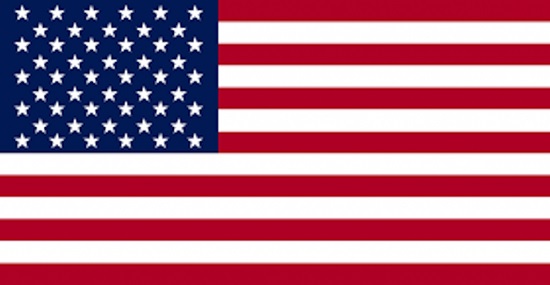United States has removed all visa reciprocity fees for Nigerians seeking visas into the country.
A statement on Saturday signed by Spokesperson, Ministry of Foreign Affairs, Ferdinand Nwonye, said that the United States Government had removed all visa reciprocity fees for Nigerian citizens seeking visas to the United States.
The statement said: “The positive development is in line with the removal of excess visa application, processing and biometric fees for United States citizens applying for Nigerian visas by the Nigerian Government.
“The United States Government has therefore eliminated reciprocity fees for Nigerian citizens with effect from December 3, 2020.”
The statement added that: “Prospective Nigerian travellers to the United States are hereby advised to visit: www.travel.state.gov for details.”
The Donald Trump government had announced visa reciprocity fees against some countries, including Nigeria, charging Americans high visa fees.
Following the outcry by Nigerians, the federal government responded few days later by reducing visa fees for Americans traveling to Nigeria from $180 to $150 in response to the US embassy’s introduction of a “reciprocity fee” for Nigerians.
The Nigerian government had explained after it responded to the announcement of reciprocity fees by the US Embassy that the decision to lower visa fees for American applicants was taken months earlier but was not implemented given the transition in government.
The US Embassy did not however immediately reverse its decision, but had been in talks with Nigerian authorities for several months to align the visa fees.
The US embassy had earlier claimed that the reciprocity fee, ranging from $80 to $303 and only to be paid for approved visas, were introduced to “eliminate that cost difference” between visa application fees for both countries.
The embassy had explained then that the move was in line with a Trump executive order in 2017 for the US Secretary of State to, among other things, adjust fee schedules “to match the treatment of United States nationals” by other countries.



